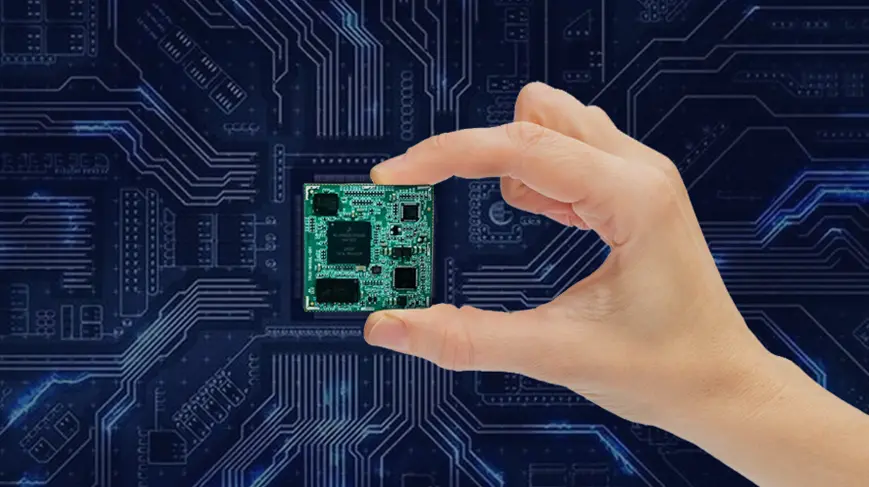In the ever-evolving international generation, compactness and performance have become the name of the sport. One such innovation that is making waves in numerous industries is the computer-on-Module (CoM). With its small form issue and powerful competencies, com modules are reworking the manner humans approach embedded computing solutions. In this blog, we’ll discover the uses and advantages of Computer-on-Modules, highlighting their importance across one-of-a-kind applications. A CoM is a small, single-board computer designed to plug into a larger service board.
Uses of Computer-on-Module
- Industrial Automation
CoMs discover good sized use in industrial automation programs. They offer the necessary computing power for controlling and monitoring complicated industrial procedures, from manufacturing to logistics. Their small size and scalability make them ideal for use in rugged environments wherein the area is restrained.
- Medical Devices
In the healthcare region, precision and reliability are paramount. CoMs are used in clinical gadgets along with ultrasound machines, patient tracking systems, and diagnostic gadgets. Their ability to help real-time processing and compact design guarantees accurate and efficient healthcare solutions.
- Embedded Systems
From smart home equipment to point-of-sale terminals, embedded structures have come to be a critical part of our day by day lives. CoMs serve as the foundation for those structures, allowing manufacturers to construct and customize their devices effortlessly even benefiting from non-stop software updates and upgradability.
- Robotics
Robotics is every other field in which CoMs shine. The com modules provide the computational muscle required for robots to sense, system statistics, and execute responsibilities with precision. Whether in manufacturing, healthcare, or maybe leisure, CoMs are the brains in the back of many cutting-edge robot systems.
Advantages of Computer-on-Module
- Scalability
One of the number one advantages of CoMs is their scalability. As generation advances, customers can improve their structures by way of replacing the CoM with a extra effective module. This minimizes the need for an entire system overhaul, lowering costs and downtime.
- Space Efficiency
The compact layout of CoMs saves valuable space in applications in which length is a constraint. This is particularly precious in industries which include cars, aerospace, and scientific, where each rectangular inch matters.
- Reliability
CoMs undergo rigorous testing and best manipulation, ensuring excessive degrees of reliability. This is crucial in applications in which downtime isn’t an alternative, like medical gadgets and business automation.
- Customizability
CoMs provide a high diploma of customization, allowing developers to tailor the processing power and peripherals to their unique desires. This flexibility is beneficial whilst creating specific answers.
- Longevity
Computer-on-Modules often have an extended lifecycle in comparison to off-the-shelf single-board computer systems. This extends the lifestyles of embedded structures and decreases the frequency of hardware updates.
Conclusion
In conclusion, com modules have come to be an essential building block in the world of embedded computing. They make use of span throughout numerous industries, presenting a compact, effective, and scalable answer for a lot of programs. With the blessings of scalability, space efficiency, reliability, customizability, and sturdiness, CoMs are set to transform the landscape of embedded systems, ensuring green and adaptable answers for years to come.

